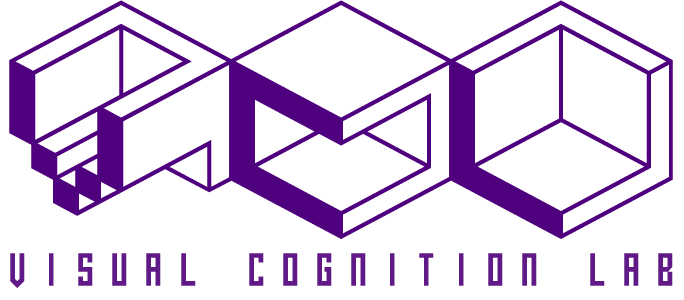
Sihyeon Jeong, Jinwook Kim, Jeongmi Lee, 2024
As the utilization of VR is expanding across diverse fields, research on devising attentional cues that could optimize users’ task performance in VR has become crucial. Since the cognitive load imposed by the context and the individual’s cognitive capacity are representative factors that are known to determine task performance, we aimed to examine how the effects of multisensory attentional cues on task performance are modulated by the two factors. For this purpose, we designed a new experimental paradigm in which participants engaged in dual (N-back, visual search) tasks under different levels of cognitive load while an attentional cue (visual, tactile, or visuo-tactile) was presented to facilitate search performance. The results showed that multi-sensory attentional cues are generally more effective than uni-sensory cues in enhancing task performance, but the benefit of multi-sensory cues changes according to the level of cognitive load and the individual’s cognitive capacity; the amount of benefit increases as the cognitive load is higher and the cognitive capacity is lower. The findings of this study provide practical implications for designing attentional cues to enhance VR task performance, considering both the complexity of the VR context and users’ internal characteristics.

Leave a Reply